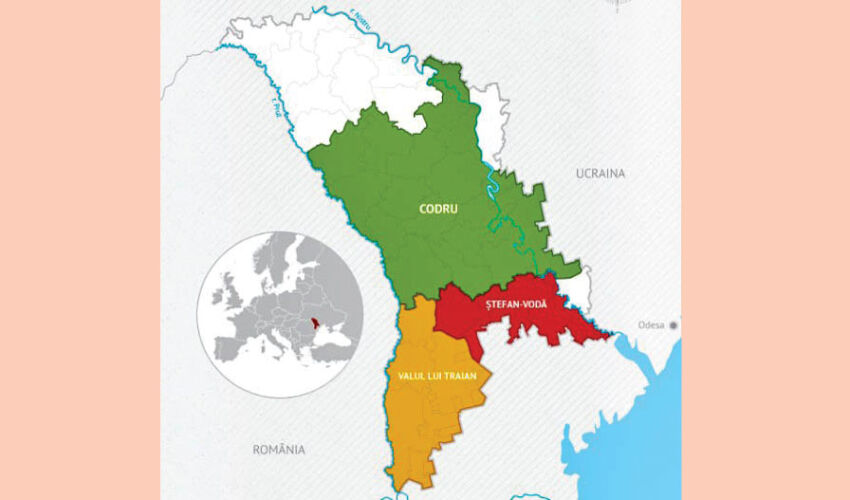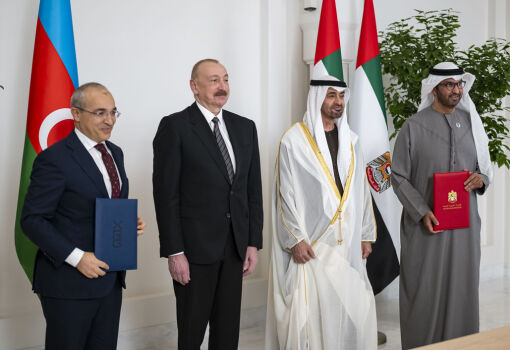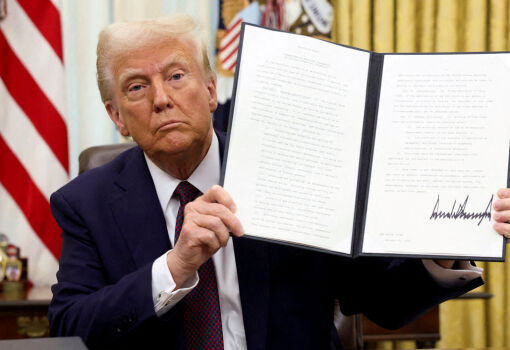
“More than ten years ago, winemakers perceived the introduction of the European system of wine production with IGP/DOP in Moldova with great enthusiasm,” says Viorel Golovatic, administrator of the Association of Wine Producers with IGP Valul lui Traian. – But gradually it was replaced by disappointment.
Businesses did not see much benefit from the hard work done to make their vineyards and winery processes compliant with the requirements for IGP production. Export markets have a stereotype that Moldovan wines should be good but cheap. For this reason, wineries are forced to declassify some of their IGP wines in order to sell them in bulk”.
This problem was raised at the meeting of the administrative council of the Association, which was also attended by representatives of the relevant ministry and the NBVV. Moldovan enterprises faced the fact that at tenders for wines in Scandinavian countries one of the conditions was the packaging for wines with IGP – “bag-in-box” of a special type (there are no such lines in the Republic of Moldova), but it is possible to supply these wines in bulk. However, according to the Law on Grapes and Wine, grape and wine products with an appellation of origin (DOP) or protected geographical indication (IGP) “shall be placed on the market only in bottled form”.
Entrepreneurs have a question – what to do in such a case? They propose to reconsider these restrictions and allow bulk sales of wines with IGP. The representative of the Ministry of Agriculture replied that Moldovan legislation applies to the territory of their country, and when exporting, the norms of the country of destination and the terms of the contract should be followed.
But there is another “but” – the requirement of the Table of Tasks for the production of wines with IGP Valul lui Traian for the realization of wines. They should be only in bottled form (a similar clause is in the ToR of all associations in Moldova). That is, it is necessary to make a change in the TOR.
Viorel Golovatic mentioned that this work can be done by the next season. But there is a question of traceability of these wines – will there be no abuses on the part of the buying plant? After all, often our bulk wine materials are imported by producers in other countries to ennoble their not very successful wines. Wines with IGP from Moldova should retain their status after bottling on the export market.
To avoid mixing our wines with IGP when selling balcomas, the requirement to do so should be included in contracts and a control mechanism should be found. But the Association has no money to ensure such control abroad. And on the domestic market it is done by purchasing samples from the trade for open tastings.
“We would like the state to take over the control of our wines with IGP pour on foreign markets,” continues the interlocutor. – For example, if the delivery is made for the company of the Swedish state monopoly Systembolaget, it would be possible to conclude an agreement on such control at the state level and agree on some mechanism. Some buyers of Moldovan wines from China, having made their choice, sealed the tank and then their representative was present at the bottling. And these were ordinary wines. Besides, there is a risk that the realization of wines with IGP in bulk will pass from a forced measure to a liberal one. And the highest quality wines will not be bottled, as there are enough companies that are experiencing financial difficulties after losing markets in the CIS. And the image of the industry is created by products bottled under the producers’ own brands. It is important that there is no anarchy. Otherwise, the whole point of the concept of wines with IGP is lost”.
Due to the world economic crisis and global reduction of wine consumption, there is a tendency to reduce prices. In order to keep the price level, let alone to increase it, one must have strong arguments – a confirmed quality category. In Moldova, the share of wines with IGP in the total volume is small, and there are no wines with DOP yet. Therefore, it is difficult for domestic producers to compete and ensure their financial sustainability. At the same time, some of them are skeptical about the IGP quality category, but there is a higher level – DOP. But the key point here is what are the advantages.
According to Viorel Golovatik, it is necessary to offer enterprises that will undergo the procedure of certification of wines with DOP, subsidies for these expenses at least for three years. The program of subsidies in viticulture and winemaking should be aimed at stimulating the production of products with IGP and DOP. A transitional period of three years should also be established, after which only wines with IGP/DOP and IG Divin should be allowed to participate in all promotional activities.

